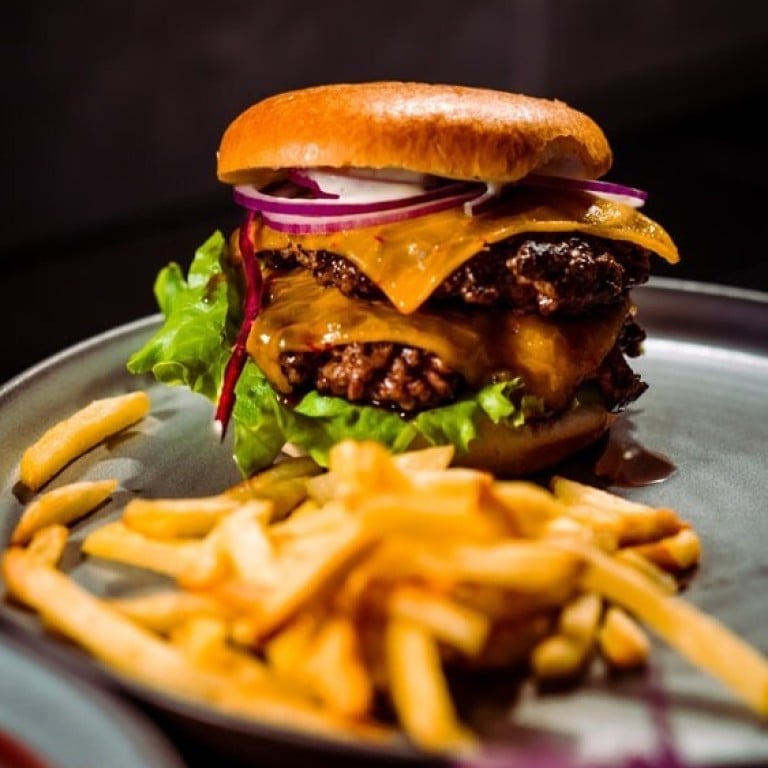New year’s resolutions during Covid-19: no processed food in our 2021 diets – how a recent study linked it to cancer, stroke, heart disease and overeating

The pandemic is causing us to question how healthy we really are, and a recent study revealed that too many McDonald’s burgers or other processed foods is linked to early death – but what should we eat instead?
It’s no secret that processed foods are bad for us. A recent study by Italian researchers found that eating more processed food was linked to an increased risk of dying from heart disease and stroke.
In particular, ultra-processed foods – like processed meats, soda, breads, and pastries – are loaded with additives like sugar, salt and preservatives that are linked to poorer health.

But there are alternatives. In 2019, a rigorously controlled study from the US’ National Institutes of Health fed 20 men and women a diet of ultra-processed foods like hot dogs, muffins, canned ravioli and chicken salad for two weeks. They gained an average of two pounds and consumed about 500 extra calories every day, compared to a different two-week period in which the same people followed an unprocessed meal plan.
The scientists behind the study found that this discrepancy arose because patients who were fed processed meals tended to overeat, even though researchers controlled how much salt, fat, sugar, protein, fibre and carbohydrates each meal contained (regardless of whether it consisted of processed or unprocessed items).
“This is the first time that we can actually say that there’s a causal relationship between something that’s independent of the nutrients … that is driving these differences in calorie intake and weight gain”, lead researcher Kevin Hall said.

His team isn’t yet sure why processed food makes us hungrier, but they have a few educated hypotheses. For one, they think the difference in calorie consumption might have something to do with the ways that fresh foods trigger hormones that regulate our appetite (ghrelin), and suppress hunger (PYY). Additionally, people tend to eat unprocessed foods more slowly, which gives our body more time to register that we’re full before we overeat.
Beyond its link to overeating, a diet heavy in processed food is also linked with all kinds of other health problems, according to previous research: people who consume it regularly are more likely to get cancer and die quicker than others.





